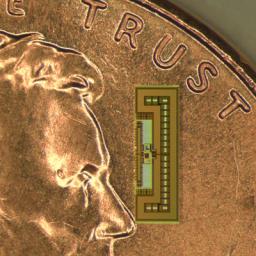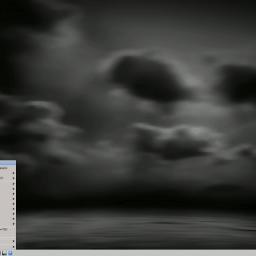ZFS on Linux
Richard Yao has written a provocative piece detailing the state of the ZFS filesytem on Linux. It's made the rounds on other sites, where it's generating a lot of buzz. The reason is twofold: (1) ZFS is such a phenomenal piece of software, and (2) Yao insists the ZFSonLinux project (ZoL) is ready for primetime.
Linux users familiar with other filesystems or ZFS users from other platforms will often ask whether ZFS on Linux (ZoL) is "stable". The short answer is yes, depending on your definition of stable. The term stable itself is somewhat ambiguous. While one would think that stable means "ready for production use", that can mean that it does not lose data, that it does not crash, that it is a drop-in replacement for an existing filesystem, that changes to the disk format are forward compatible, that updates are always flawless or some combination thereof. Consequently, the long answer is much more nuanced than a single word can express. ...He continues: I believe ZoL is production ready for the following reasons:
- Key ZFS data integrity features work on Linux like they do on other platforms.
- ZFS runtime stability on Linux is comparable to other filesystems, with certain exceptions that I document below.
- ZoL is at near feature parity with ZFS on other platforms.



